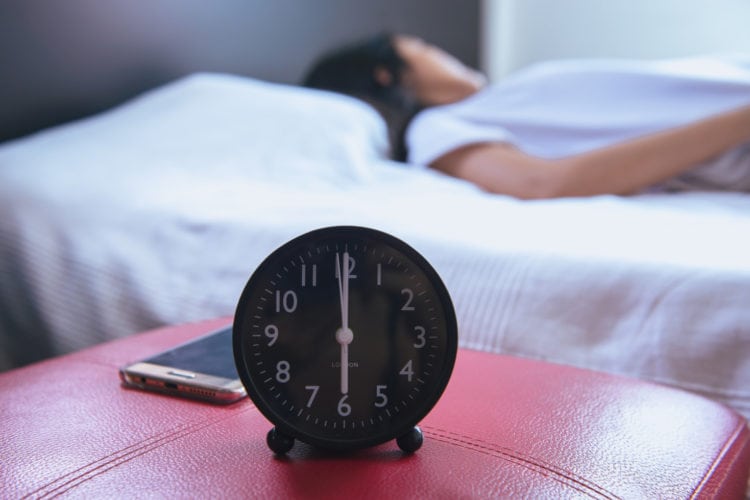Hello, readers! It’s time to talk to you about an important yet somehow confusing topic: how much sleep you get each night.
“But,” you say, “I get the seven hours I am supposed to get!” That’s your problem right there: sleep needs each night aren’t one-number-fits-all. In fact, it depends on your age and, of course, how well you rest.
Most people in the US just don’t sleep enough. Around 40 percent of Americans don’t even get a full seven hours at night, according to a Gallup poll (https://news.gallup.com/poll/166553/less-recommended-amount-sleep.aspx). Not getting enough sleep can have a major impact on your health, with the Centers for Disease Control and Prevention noting that the lack of sleep Americans experience contributes to the development of conditions such as type 2 diabetes, depression, obesity and heart disease (https://www.cdc.gov/sleep/index.html).
A panel of experts led by Harvard professor Charles Czeisler took a took at over 300 studies published between 2004 and 2014 to determine just how much most people need to sleep to maintain their heath. Their recommendations are below.
• Ages 0-3 months: 14 to 17 hours
• Ages 4-11 months: 12 to 15 hours
• Ages 1-2 years: 11 to 14 hours
• Ages 3-5 years: 10 to 13 hours
• Ages 6-13: 9 to 11 hours
• Ages 14 to 17: 8 to 10 hours
• Ages 18 to 25: 7 to 9 hours
• Ages 26-64: 7 to 9 hours
• Ages 65 and up: 7 to 8 hours
As you might have noticed, once you hit your teen years, you likely need around eight hours of sleep every night. But we have all been getting less sleep on average. In fact, we now get one to two hours less of sleep per night on average compared to people 60 years ago, according to BBC News (https://www.bbc.com/news/health-27286872).
The drop in the number of sleeping hours per night is caused by more than one factor. People are expected to work harder and for longer now than ever before, and we all use tech gadgets that can interfere with our sleep because of their lure and the bright lights they emit.
In order to get yourself sleeping enough hours per night, you need to uncover what your biggest sleep drains are. For some people, it may be their jobs. For others, it’s their computers or phones. Once you know the root of your lack of sleep, you can take steps to correct it.




